Table of Contents
- A New Tool to Assess Patient Engagement Efforts Across Organizations
- Addressing Cancer Health Disparities in Latinos via Clinical Trials
- PHUSE’s Educational Videos on Data Privacy and Data Sharing in Clinical Trials
The Power of Collaboration in Enhancing Health Literacy and Making Information Accessible to All
- SPECIAL SECTION: DIGITIZATION AND DIGITALIZATION
- How Generative AI May Transform Content Development in the Life Sciences
- Pitfalls and Possibilities: EHRs to RWD via EDC
A Conversation with Terry Katz
- Seven Best Practices for Adopting a Clinical Data Workbench
- Data Analytics Could Enable Trial Diversity and Meet New Regulations
- Digital Transformation is Much More Than a Noun
Act Today for Modern Collaboration Tomorrow
- MEETING HIGHLIGHTS: DIA Europe 2023
- Advancing Use of Patient Evidence in Decision-Making
- Regulatory Reliance in Action Making a Difference for Patients
Regulators and Industry Come Together to Discuss Practical Solutions
- WE ARE DIA
- DIA Congratulates EMEA and Americas 2023 Regional Inspire Award Winners
- DIA Thanks Outgoing RA Community Chair Linda Bowen
- EXECUTIVE LEADERSHIP
- Editorial Board
Subscribe
Love Global Forum’s new online format? Subscribe today and never miss an issue.
Editorial Board
Content stream editors
Gary Kelloff US National Institutes of Health
Ilan Kirsch Adaptive Biotechnologies Corp.
regulatory science
Isaac Rodriguez-Chavez Independent Consultant
Patient engagement
Chi Pakarinen MediPaCe
Natasha Ratcliffe COUCH Health
Thomas Smith Independent Patient Consultant
Data and Digital
Lisa Barbadora Barbadora Ink
Young Professionals Editor
Editorial Staff
Sandra Blumenrath, Managing Editor, Scientific Publications DIA Scientific Communications
Chris M. Slawecki, Senior Digital Copyeditor DIA Scientific Communications
Linda Felaco, Copy Editor and Proofreader
Regional Editors
David Mukanga Bill and Melinda Gates Foundation
ASEAN
Jin Shun Sandoz
AUSTRALIA/NEW ZEALAND
Richard Day University of New South Wales, Medicine, St. Vincent’s Hospital
CHINA
Ling Su Shenyang Pharmaceutical University, Lilly Asia Ventures
Europe
Julie O’Brien Pfizer
INDIA
J. Vijay Venkatraman Oviya MedSafe
JAPAN
Ozawa Goshi Real Discovery Outdoors Co,. Ltd.
LATIN AMERICA
Cammilla Gomes Roche
USA
Ebony Dashiell-Aje BioMarin
DIA Membership
Bringing together stakeholders for the betterment of global health care.
Patient & Research Advocate
atient engagement is defined as inspiring and mobilizing stakeholders beyond clinical research professionals, including patient advocacy groups, healthcare providers, and policy makers, to amplify and incorporate the patient voice in the development and delivery of new medical treatments. While efforts have been undertaken to incorporate the patient voice, the patient engagement movement has remained aspirational and tokenistic. Though there have been calls to grow the patient engagement movement, the number of trials reporting patient engagement remains extremely low. This article briefly discusses the reasons driving this gap and presents potential solutions that organizations can incorporate into their strategies to engage patients.
Center for Genomic and Precision Medicine, Texas A&M University
ealth disparity is defined as the unequal burden of disease in a population due to race, ethnicity, gender, education, socioeconomic status, disability, geographic location, sexual orientation, or cultural or religious beliefs. In this article, the term Latino includes individuals that migrated from Mexico, Central, and South America, and from Latino members of the Caribbean population. These individuals have a diverse racial makeup and heterogenous genetic ancestry that must be considered when studying Latino populations at various levels including clinical trial outcomes.
The Power of Collaboration in Enhancing Health Literacy and Making Information Accessible to All
PHUSE Data Transparency Working Group
Patient Advocates in Research (PAIR)
here is increasing interest in data privacy and data sharing in clinical trials, and most publicly available information is targeted toward individuals with training, experience, or expertise in these areas. In response to the increased misinformation and misconceptions in society about clinical trials during the global pandemic, PHUSE—a global community of data science professionals, founded under the acronym Pharmaceutical Users Software Exchange—began a collaborative project to produce a video series focused on creating engaging content organized into logical sections in the form of bite-sized videos.
Norwegian Institute of Public Health
WECAN: Workgroup of European Cancer Patient Advocacy Networks
Drug Information Association (DIA)
he task of promoting the generation and use of meaningful patient-generated data in drug development is a shared one. An interactive DIA Europe 2023 session concluded that collaborations between regulators, industry, academia, and patient advocates will drive patient-focused medicines development.
Regulators and Industry Come Together to Discuss Practical Solutions
MSD
Roche
@indegeneinsight


ecently, Generative artificial intelligence (AI) has emerged as a popular technology that has taken the world by storm. As a prime example, ChatGPT had already crossed 100 million users in January 2023, setting a record in just two months.
A Conversation with Terry Katz
t’s been more than five years since FDA issued its first regulatory approval using real-world evidence (RWE), a new indication for a medical device approved exclusively based on data from the electronic health records (EHRs) of patients who actually used the product in “real life” instead of data from randomized clinical trials. This approval was heralded as the onset of a new era in drug and medical device development and regulation: the systematic use of RWE based on data (real-world data, or RWD) from actual use.
Veeva CDB
n recent years, the data workbench has emerged as a powerful tool for aggregating and reviewing data from multiple study sources. The data workbench—often called the clinical data platform—reduces cleaning cycle times and speeds the preparation of analysis-ready data. With 87% of sponsors and CROs deploying decentralized clinical trials and the volume and variety of non-EDC data expanding, the need for consolidated data management and review will only intensify.
ttempts at improving diversity, equity, and inclusion (DEI) access across US healthcare is a much-welcomed, if not long-overdue, development in recent years. Substantive DEI legislation was signed into US law in December 2022 (and went into effect in February 2023), helping to correct significant disparities (explained below) and holding sponsors responsible for ensuring that their trials include participants from diverse groups. As we learned from vaccine development during the pandemic, clinical trials must address diverse participant populations to determine the real-world impacts on safety and efficacy for novel therapies. Data analytics tools can help.
Act Today for Modern Collaboration Tomorrow
ransformation is defined in the Cambridge Dictionary as “the process of changing completely the character or appearance of something in order to improve it.” This definition will also tell you that transformation is a noun — but it is much more. As industry continues to extend the frontiers of science, the interactions and information exchange between regulators and the regulated is relatively unchanged. A paradigm shift from a document-centric mindset to a data-driven approach is needed to get therapies to patients more quickly and efficiently. It is time to turn digital transformation into a verb by reimagining the way these entities collaborate and exchange data.
Our 2023 EMEA Regional Inspire Award Winners

Tony Humphreys
European Medicines Agency

Sibilia Quilici
Vaccines Europe

Isabelle Stoeckert
Bayer
![DIA Global Annual Meeting 2021 Portrait photograph headshot of Linda Bowen (Regulatory Affairs [RA] Community Chair) smiling](https://globalforum.diaglobal.org/wp-content/uploads/2023/05/linda-bowen-portrait-headshot.jpg)
IA thanks Regulatory Affairs Community Chair Linda Bowen, who has stepped down after more than a decade of service to this DIA Community.
“I started in the biopharmaceutical industry in 1983 in the laboratory (as many people do), then moved to various roles in quality assurance. I moved into regulatory affairs in 1993, so I have been in regulatory for 30 years, and am currently Chief of Staff and lead the Centers of Regulatory Excellence at Seagen, Inc., a medium-sized oncology biotech company,” Linda explains.
What aspects of regulatory affairs improved the most during her career?




